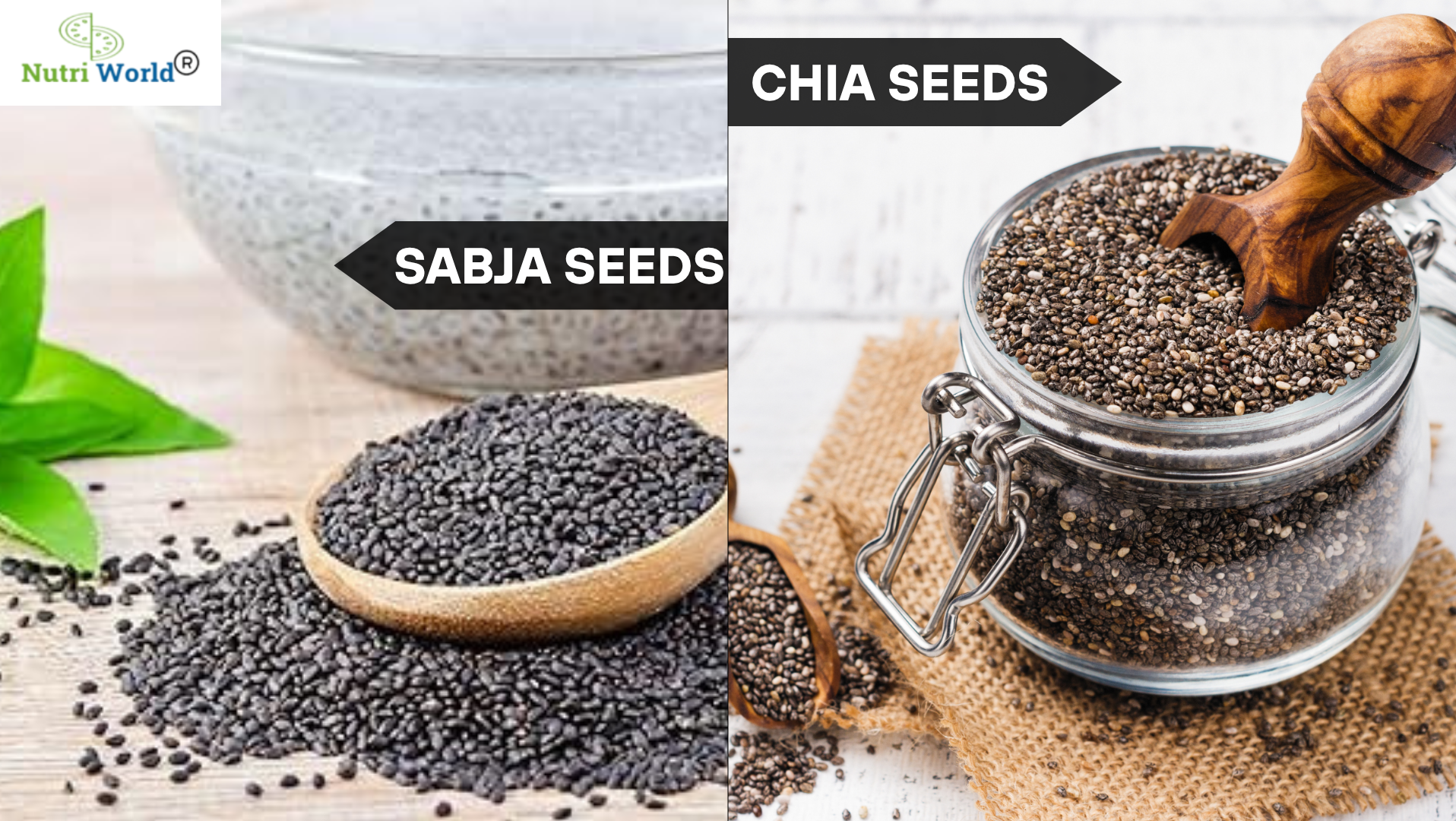Insomnia is a silent epidemic affecting millions of people around the world. Whether it’s difficulty falling asleep, waking up frequently during the night, or feeling unrefreshed in the morning, sleep troubles can drastically affect physical health, mental clarity, and overall well-being. While medications can offer temporary relief, the key to long-term sleep health often lies in lifestyle changes — particularly, what you eat.
Certain foods are scientifically known to promote better sleep by influencing sleep hormones, relaxing the nervous system, and stabilizing blood sugar levels overnight. In this article, we’ll explore the top insomnia-preventing foods, how they work, and how to include them in your diet. Plus, we’ve answered frequently asked questions at the end to help guide you toward sweet dreams naturally.

What Causes Insomnia?
Before diving into insomnia-preventing foods, it helps to understand common causes of insomnia:
- Stress and anxiety
- Poor diet and late-night eating habits
- Hormonal imbalances
- Overconsumption of caffeine or alcohol
- Lack of physical activity
- Excessive screen time before bed
While eliminating these causes is crucial, nutrition can support your body in regulating sleep cycles naturally.
Top Insomnia-Preventing Foods for Better Sleep
1. Ashwagandha Milk (Indian Ginseng)
Ashwagandha is a powerful adaptogen used in Ayurveda to relieve stress and promote calmness. When mixed with warm milk, it becomes a perfect bedtime drink.
How to consume: Mix ½ tsp ashwagandha powder in a glass of warm cow or plant-based milk. Drink 30 minutes before bedtime.
2. Bananas
Bananas are rich in magnesium, potassium, and vitamin B6 — all nutrients that promote relaxation and help produce melatonin and serotonin, the “feel-good” neurotransmitter.
How to include it: Eat a banana as a bedtime snack or blend it into a warm smoothie with almond milk.
3. Almonds
Almonds contain magnesium, a mineral that promotes muscle relaxation and supports healthy melatonin levels. They also provide protein and healthy fats to stabilize blood sugar levels overnight.
How to include it: Eat a small handful of almonds or almond butter with a banana before bed.
4. Warm Haldi Doodh (Turmeric Milk)
Turmeric has anti-inflammatory properties and promotes relaxation. Warm turmeric milk soothes the body, supports digestion, and helps prepare the mind for restful sleep.
How to consume: Mix ¼ tsp turmeric, a pinch of black pepper, and a small amount of jaggery in warm milk.
5. Cardamom (Elaichi)
Cardamom helps regulate digestion and has a calming aroma that soothes the senses. It’s often used in Ayurvedic remedies for insomnia.
How to consume: Add crushed elaichi to milk, kheer, or bedtime herbal teas for better sleep.
6. Chamomile Tea
Chamomile contains apigenin, a natural compound that binds to GABA receptors in the brain, promoting relaxation and reducing anxiety.
How to include it: Sip on warm chamomile tea 30–45 minutes before bedtime.
7. Cumin Water (Jeera Pani)
Cumin boosts digestion and prevents bloating — a common cause of disturbed sleep. It also calms the mind when consumed warm.
How to consume: Boil 1 tsp cumin seeds in a cup of water. Strain and sip it warm 30 minutes before sleeping.
8. Moong Dal Khichdi
Light, easily digestible, and rich in protein, moong dal khichdi is the perfect dinner if you want to avoid sleep disruption due to heavy, spicy meals.
How to consume: Cook soft moong dal khichdi with ghee, turmeric, cumin, and a pinch of hing (asafoetida). Avoid onions or garlic at night.
9. Gond Laddu (Edible Gum Laddu)
Gond (edible gum) is known to build strength and regulate body temperature. Consumed in winters or during fatigue, it calms the body.
How to consume: Eat 1 small gond laddu (made with ghee, gond, and jaggery) in the evening — not too close to bedtime to avoid heaviness.
Foods to Avoid Before Bed
To truly combat insomnia, it’s just as important to know what not to eat before bed:
- Caffeinated beverages (coffee, black tea, energy drinks)
- Alcohol (disrupts sleep cycles)
- Sugary snacks (causes blood sugar crashes)
- Spicy foods (may cause heartburn)
- High-fat or fried foods (hard to digest)
Bonus Tips for Better Sleep Hygiene
- Maintain a regular sleep schedule.
- Create a calming bedtime routine (e.g., reading, stretching).
- Keep your room cool, dark, and quiet.
- Avoid screens 1 hour before bed.
Don’t eat large meals late at night — opt for light, nutrient-rich snacks instead.
FAQs About Insomnia and Sleep-Enhancing Foods
Q1: How long before bed should I eat these sleep-promoting foods?
A: Ideally, eat sleep-enhancing foods about 30–60 minutes before bedtime. This gives your body time to digest and begin utilizing sleep-supportive nutrients.
Q2: Can supplements replace these foods?
A: While supplements like melatonin or magnesium can help, whole foods offer a wider range of nutrients and are generally safer for long-term use. Always consult a healthcare professional before starting supplements.
Q3: Are there any herbal teas besides chamomile that help with sleep?
A: Yes! Valerian root, lavender, lemon balm, and passionflower teas are also known to have calming effects and support better sleep.
Q4: What should I avoid doing before bed if I want better sleep?
A: Avoid heavy meals, caffeine, alcohol, excessive screen time, and intense exercise right before bed. These can all disrupt your natural sleep cycle.
Q5: How long does it take to see results from changing your diet?
A: Some people notice better sleep within a few days, while others may take 1–2 weeks. Consistency is key — make these foods part of your regular evening routine.
Conclusion: Eat Your Way to Peaceful Sleep
If you’re struggling with insomnia, consider what’s on your plate. Including sleep-friendly foods like bananas, almonds, cherries, and oats can support your body’s natural rhythm and reduce the time it takes to fall asleep. Combine smart eating with good sleep hygiene practices, and you’ll be well on your way to more restful nights — without relying on pills or quick fixes.
Sweet dreams start with smart choices. Start today — your body and mind will thank you in the morning.

Hi, I’m Dietitian Dipanwita Saha, A Clinical Dietitian & Nutripreneur and The Founder & Director of Nutri World. I believe healthy eating should be enjoyable, balanced, and free from guilt—not about strict rules or cutting out your favorite foods. My passion lies in helping people heal their relationship with food, especially those dealing with disordered eating. If you’re looking for a supportive, judgment-free space to nourish your body and mind, I’m here to help—let’s make food feel good again.










